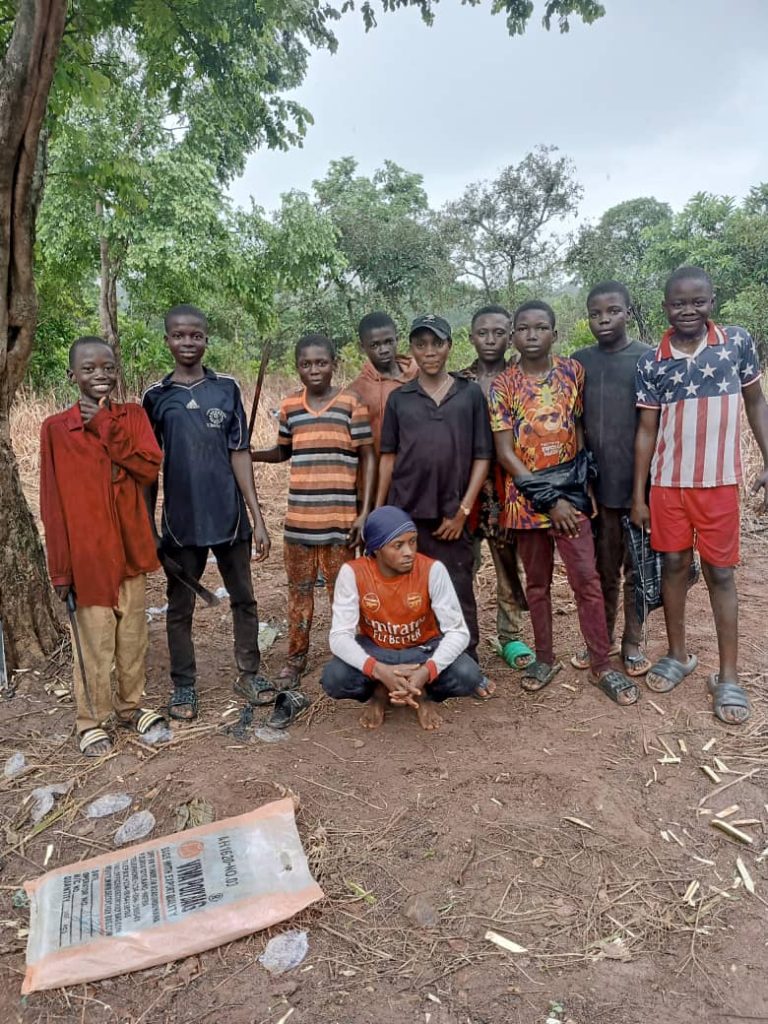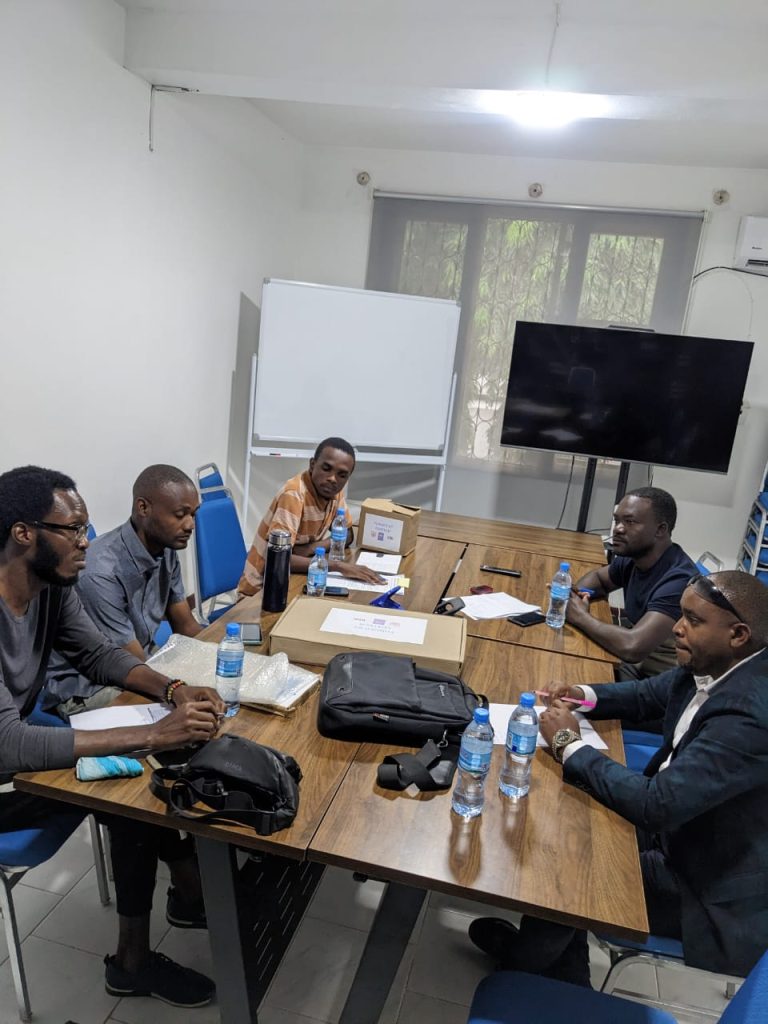African Development Concepts Ry Finland.
MISSION STATEMENT FOR AFRICAN DEVELOPMENT CONCEPT: OUR VISIONWe seek a world of peace, patience, comfort and social justice, where poverty is defeated and all people live in unity and security OUR MISSION:Our main mission is to provide care and support around the globe to save lives and make life meaningful, defeat poverty and achieve social justice globally. OUR FOCUS:Our priority is centered around building a community of peace free of violence, putting women and girl child in the center, because we cannot overcome poverty until all people have equal right and opportunity. We also build a family center approach program that mitigate the impact of poverty on vulnerable households in Africa Continent. VALUES:We are proud to be an Organization combining global and local reach. We hold ourselves accountable for living and delivering our values in all we do. We are transparent, credible, innovative, and we champion continuous improvement. Our service to African continent are characterized by their quality, flexibility and cost effective which leads to the achievement recorded in our program to Africa, thereby consolidating the achievement to sustaining it in every project we implement on African soil.Our value transform to INTEGRITY: we are consistent in what we think, say and do. ACCOUNTABILITY: We deliver on our commitments and are transparent in our reporting to any of our donor. INNOVATION: We constantly strive to develop new ways to improve the sustainability of all our project across Africa continent. SELF-IMPROVEMENT: We learn from all our project work in Africa and actively seek for opportunities to improve on it. FLEXIBILITY: We believe that solutions needs to be tailored to be meaningful to the broad range of African cultures, socio-economics conditions and geographies of our various project site. PRINCIPLES:African Development Concept is Independent of Politics, Military, Ethnic or Religious affiliations in providing and promoting global peace, humanitarian space, gender balance, care and support for vulnerable households, disability inclusion and equal opportunity for all. We also provide assistance on the basis of individual need, regardless of race, nationality addressing the right of vulnerable groups, particularly women and girl child globally. We also program for Orphans and vulnerable children, emergency rehabilitation and reintegration of destitute children back to homes and society and also engage in long term development workWe are also committed to sustainability development goalWe are also committed to protection wildlife managementEnsuring prioritized and focused interventions that address children’s most critical care needs. SUMMARY OF CORE ACTIVITIES OF AFRICAN DEVELOPMENT CONCEPT ON CARE AND SUPPORT TO VULNERABLE HOUSEHOLDS IN AFRICA:In a move to provide care and support to vulnerable Households in Africa, African Development Concept will provide comprehensive integrated services support with a technical guiding principles on how and when to prioritize specific technical interventions to households. These prioritized interventions are strategic in nature with a strategic planning processes of implementation. This comprehensive integrated services that African Development Concept will be piloting in Africaare stated below. EDUCATION: African Development Concept will support efforts to reduce educational disparities and barriers to access schoolamong school-age children through sustainable “systemic” interventions (for example, enrolment of dropout children back to school, provision of school block grants – block grants is an intervention targeted at local authority schools in way that renovation of school building can be done, provision of school desk and chairs, and provision ofkidsclub and instructional material for psychosocial support programs during break period). Focus will also be drawn to some key area of Education in African Development Concept Programming in Africa such as:Ensuring children have a safe school environment and complete their primary education and secondary school educationPromoting access to early childhood development (ECD) programEnsuring personnel create child-friendly and gender-sensitive classrooms where girls and boys are treated equallyStrengthening community- school relationships, including partnering with out-of-school programming, partnering with cooperate firm in their cooperate social responsibility programConsider supporting post-primary school programming and especially the transition of girls from primary to secondary school which will greatly support girl child education in AfricaImplementing market-driven vocational training for caregivers, older adolescents that are outof school. PSYCHOSOCIAL CARE AND SUPPORT: Africa Development Concept in his program to Africa will prioritize psychosocial interventions that will build on existing resources ofcommunity facility and place and maintain households in stable and affectionate environments through:Parents and family support programsPeer and social group interventions at community levelMentorship programs for parents, adolescents and childrenCommunity caregiver support programs. HOUSEHOLD ECONOMIC STRENGTHENING (HES): In programming for Africa through African Development Concept, HES intervention aims to reduce the economic vulnerability of families and empower them to provide for the essential needs of the children in their care through:Integration of HES activities with complementary interventions, such as parenting skillsIncome promotion using low-risk activities to diversify and stimulate growth in household income SOCIAL PROTECTION: African Development Concept support for social protection in Africa will aims to reduce vulnerability and risks, foster human capital development, and interrupt the transmission of poverty from one generation to the next through:Partnering with host-country governments in Africa to initiate, expand, or be innovative in their social protection initiatives at both the policy and operational levels HEALTH AND NUTRITION: African Development Concept programs in Africa will also aim to improve children’s and families’ access to health and nutritional services through:A child-focused, family-centered approach to health and nutrition through ECD (Early Childhood Development) and school-based programs in AfricaEffective integration with existing or planned child-focused community- and home-based activities which includes PMTCT (Prevention of Mother to Child Transmission), Care and Support for Children living with Disability, WASH program in Project Implementing communities, Reducing access barriers to health services through HES and social protection schemes, such as health insurance opportunities like CBHIS (community base health insurance scheme for vulnerable Household), Establishing linkages and referral systems between community- and clinic-based programs CHILD PROTECTION: African development programs will aim to develop appropriate strategies for preventing and responding to child abuse, exploitation, violence, and family separation through:Implementing child safeguarding policiesIntegrating child protection activitiesSupporting communities to prevent and respond to child protection issuesStrengthening linkages between the formal and informal child protection systemsBuilding African
African Development Concepts Ry Finland. Read More »






